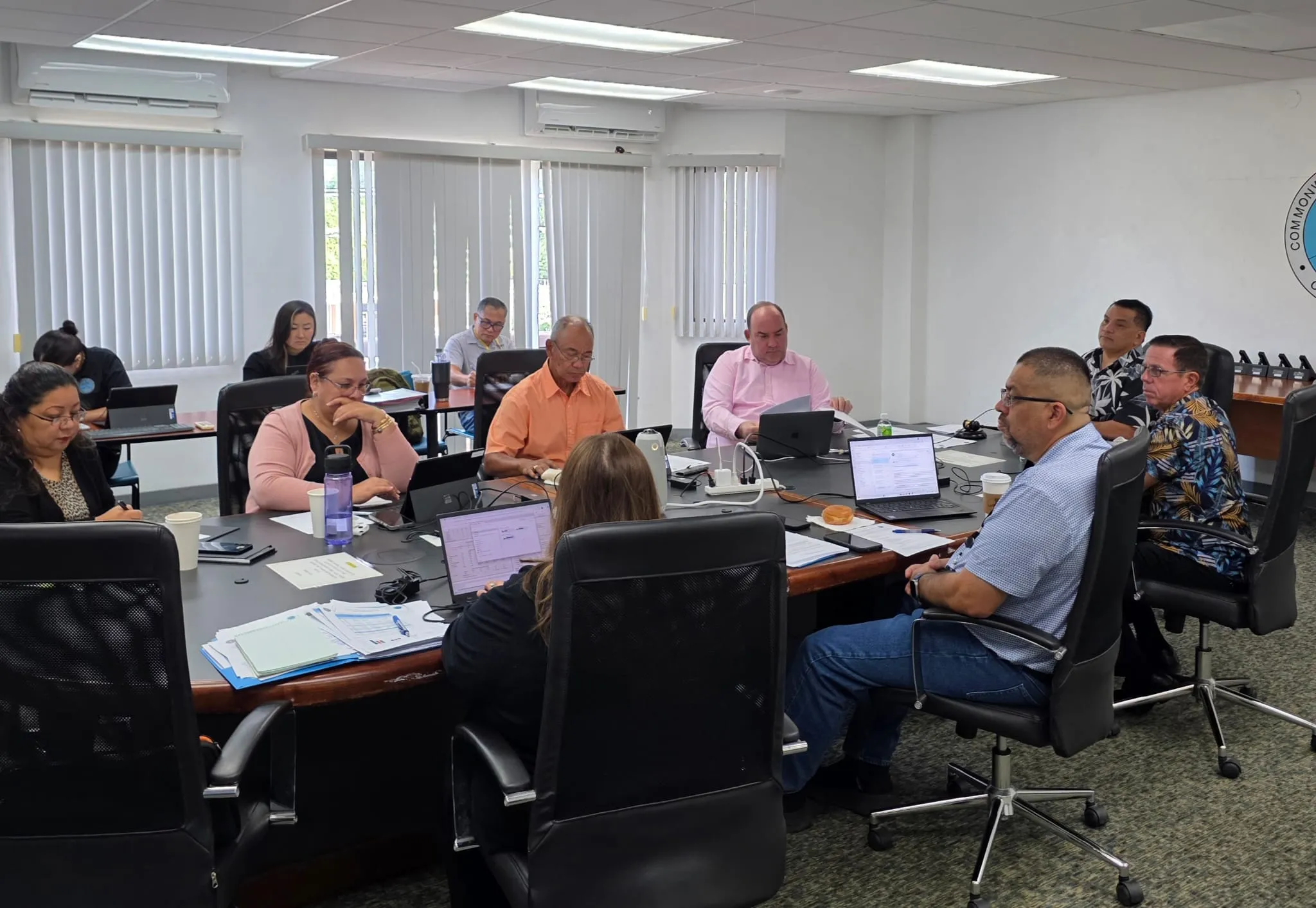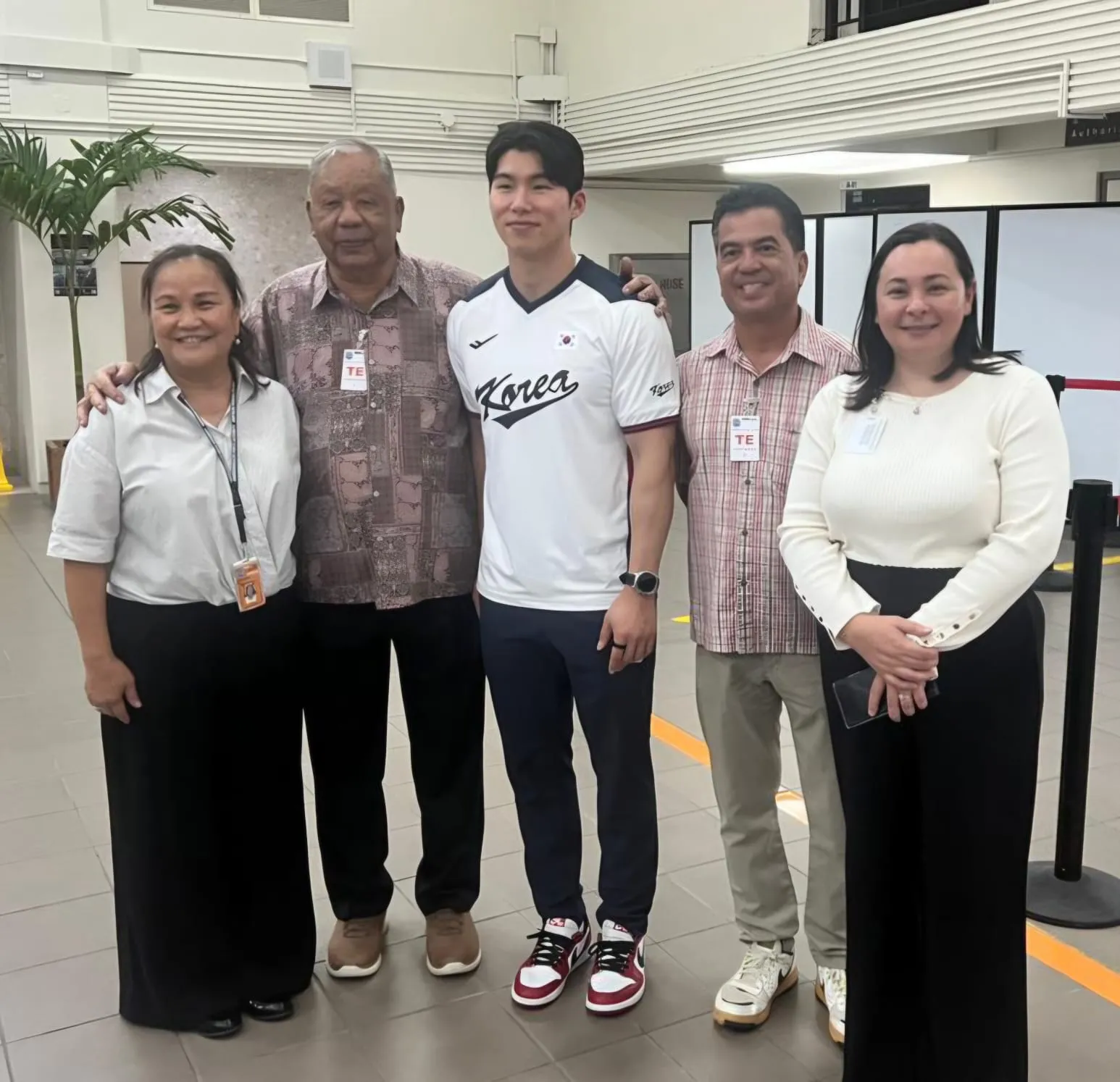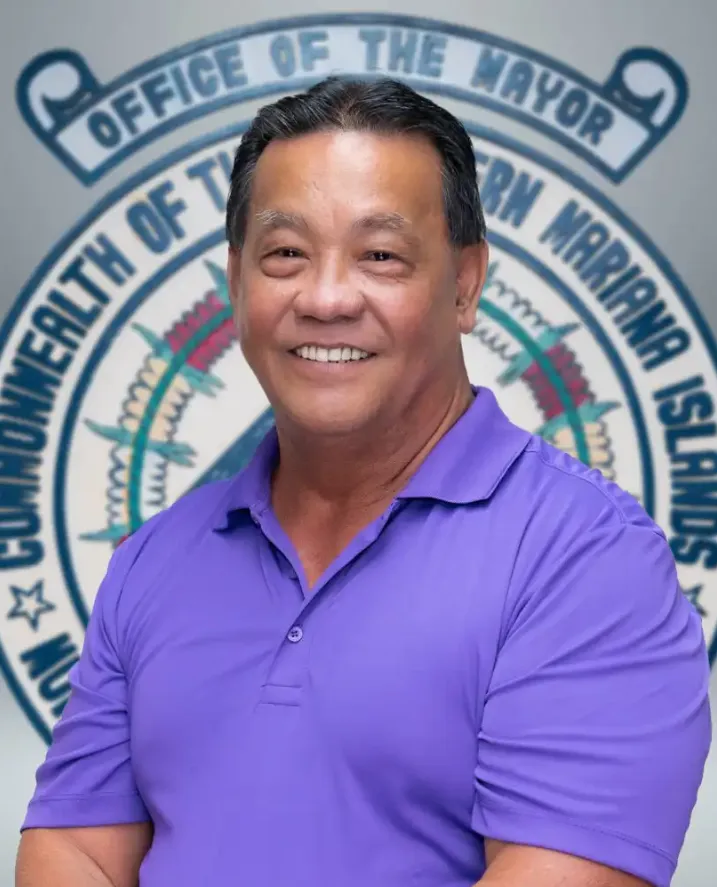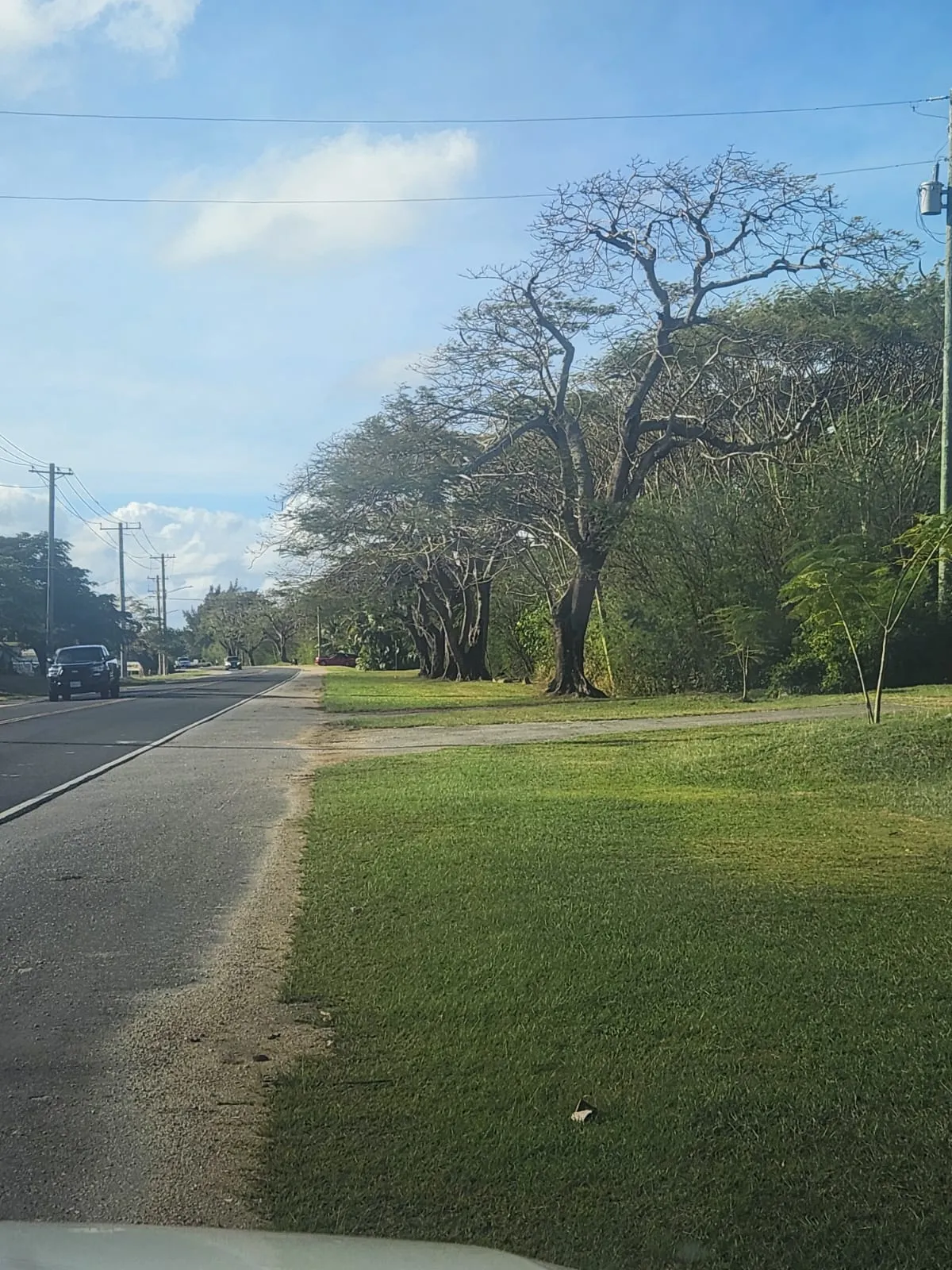DEAR CNMI Community,
The political landscape is shifting significantly across the U.S. and its territories, and the Commonwealth of the Northern Mariana Islands is no exception. These changes are especially apparent as the U.S. Administration deepens its strategic commitments in the Indo-Pacific region, establishing an expanded military presence in the CNMI and surrounding areas. This development reflects growing geopolitical concerns, as the U.S. strengthens its reach and capabilities to address potential conflicts in the region, particularly those involving major powers like China. While this military buildup offers strategic benefits, it also brings complex implications for the islands’ economy and social dynamics.
Meanwhile, the CNMI is facing substantial economic challenges due to restrictions on tourism, a market that has long been a primary source of revenue and employment for the islands. The tourism sector in the CNMI, built around visitors from Asia, especially China, is a significant contributor to local livelihoods. This downturn in tourism revenue has ripple effects, impacting businesses, reducing job opportunities, and straining government resources. The economic impact is not only immediate but also raises concerns about the CNMI’s ability to sustain its economic health without this critical stream of visitors.
In light of these circumstances, essential questions arise: Could the CNMI attract new visitors from markets like Japan, South Korea, Australia, or even Europe? What strategies might be effective in drawing tourists from these regions, given the competitive global tourism industry? And if such an influx is feasible, when might these efforts yield visible results? Relying solely on the traditional tourism model may no longer be sustainable, prompting the need to consider both diversification within the tourism sector and alternative economic opportunities.
More urgently, has the CNMI Administration reached out to the Biden Administration or the Department of Defense to request economic assistance to offset the current downturn? With the federal government’s expanded interest in the region, there may be opportunities for financial support or development programs tied to the increased military presence. Similarly, has the CNMI Legislature considered a proactive approach in seeking federal support, whether through grants, economic relief packages, or infrastructure investment that could stimulate the local economy?
Addressing these questions is essential for shaping a resilient and adaptive economic strategy for the CNMI. How the CNMI navigates this period of transition will play a critical role in determining the territory’s long-term stability and prosperity. The answers will not only influence the islands’ immediate recovery but will also determine the CNMI’s economic trajectory in the face of ongoing global and regional challenges.
As citizens of the Commonwealth of the Northern Mariana Islands, we bear the responsibility of demanding transparency and accountability from those who seek to lead us.
Thank you for your time and attention. Let us remain vigilant and committed to holding our leaders accountable.
FRANKIE MANGLONA
Dandan, Saipan










